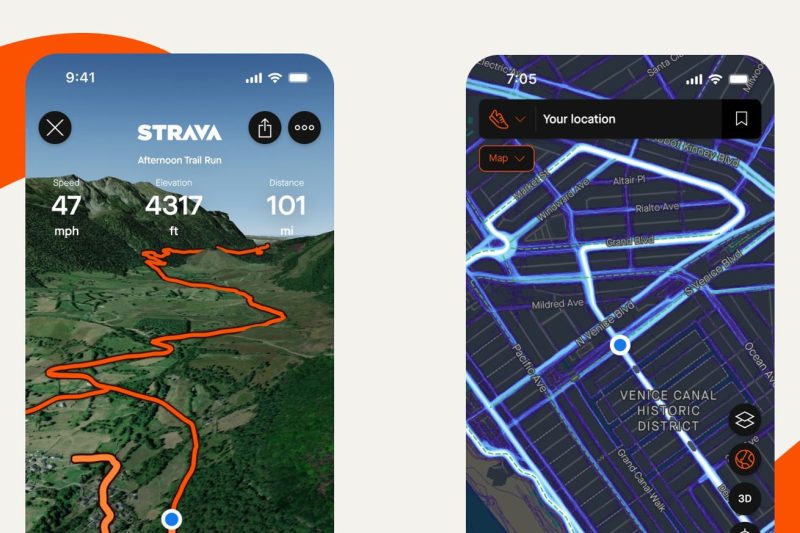Strava Closes the Gates to Sharing Fitness Data with Other Apps
Strava, one of the leading fitness tracking app has recently announced a significant change in its data sharing policy that has sent shockwaves through the fitness community. The app, known for its social features and compatibility with various wearable fitness devices, has decided to close the gates to sharing fitness data with other apps. This move comes as a surprise to many users who have come to rely on Strava not only for tracking their workouts but also for seamlessly integrating with other platforms to consolidate their fitness data.
The decision to restrict data sharing is explained by Strava as a measure to enhance user privacy and security. In the wake of increasing concerns over data privacy and the misuse of personal information, many tech companies are taking steps to tighten their data sharing policies. Strava claims that by limiting access to its API (Application Programming Interface), it can better control how user data is shared and used by third-party apps.
However, this move has raised concerns among users who have been using Strava in conjunction with other apps to track and analyze their fitness progress. With the new restrictions in place, users may find it challenging to synchronize their workout data across different platforms, leading to a fragmented view of their fitness journey.
The reaction from the fitness community has been mixed, with some users applauding Strava’s efforts to prioritize user privacy, while others express frustration over the limitations imposed on sharing data with other apps. Many users have voiced their concerns on social media platforms, calling for Strava to reconsider its decision and find a middle ground that allows for data sharing while ensuring user privacy is protected.
For third-party app developers who relied on Strava’s API to access fitness data, this change poses a significant challenge. The restriction on data sharing could impact the functionality and user experience of apps that integrated with Strava, leading to potential disruptions for both developers and users.
As the fitness tracking landscape continues to evolve, with new apps and wearable devices entering the market, the decision by Strava to restrict data sharing may have broader implications for the industry. Users who value interoperability and seamless integration between platforms may be forced to reevaluate their fitness tracking setup and explore alternative solutions that offer the flexibility they desire.
In conclusion, while Strava’s decision to limit data sharing is aimed at safeguarding user privacy, it has highlighted the challenges of striking a balance between data protection and user convenience. As the fitness tech industry grapples with these issues, it remains to be seen how users, developers, and other stakeholders will adapt to the changing landscape of data sharing in the fitness tracking ecosystem.
